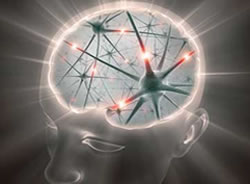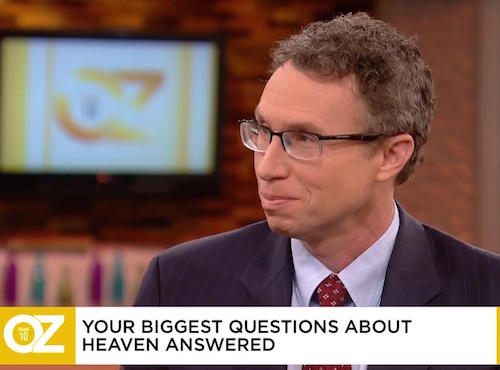#1 New Release in Cognitive Psychology on Amazon
Spiritual experiences have occurred within people around the world and throughout history, up to and including the present day. The founders of every major religion described them, philosophers since antiquity have pondered them, and according to recent polls, about 30% of people still report them. A century ago, philosopher and psychologist William James famously analyzed accounts of these experiences and raised questions for future scientific study. What triggers these events? How are the brain and body affected? How do these brief moments have such lasting effects? Now, modern science has some answers.
This book invites readers into contemporary psychology and neuroscience laboratories around the world to learn about these elusive yet profound inner events. As it explores phenomena ranging from divine revelations to paranormal experiences to life-changing experiences of unity, findings from modern science are illustrated with a diverse set of personal accounts from believers and non-believers alike, plunging readers into deeply personal and sometimes transformative moments. Written by two renowned scientists in the field, this book is a deep exploration of the psychology and neuroscience of a range of profoundly meaningful experiences.
Praise for the Book
“The most important book on the science of religion in my lifetime.”
“If you have the slightest curiosity about the spiritual dimensions of life and death, and if you value an approach that explores the outer reaches of mystical experience, yet never pretends to know what we don’t yet know, this is the book for you.”
“This comprehensive and much needed book covers the latest science of psychedelics, spirituality, and altered states of consciousness in general. You will learn about the most cutting-edge psychology and neuroscience on these mental states while reading personal stories from people who have been fundamentally transformed by their visits to some of the most fascinating depths of human experience. I highly recommend this groundbreaking book!”
“What David Yaden and Andrew Newberg have done through their painstaking research is to provide the world with a 21st Century James. Like James, they are respectful of their subjects’ experiences and careful not to pronounce judgments on the psychological and numinous worlds they inhabit. This book will become a classic.”
“In the scientific project of demystifying mysticism, Yaden and Newberg are the undisputed heirs to the legendary research of William James. The authors deftly plumb the caverns of neuroscience, psychology, pharmacology, philosophy, and religious studies to usher the nebulous world of spiritual experience into the spotlight of 21st-century academic discourse. An encyclopedic feat that transcends disciplinary boundaries, and sets the stage for a bold new era of inquiry.”
“This scholarly update of William James’ seminal book, Varieties of Religious Experience, will be of great value to those interested in investigating the causes and enduring effects of sacred and secular spiritual experiences through a scientific lens.”
“David Yaden and Andrew Newberg have produced a book that will bring you wonder, inspiration, and awe. It is for our 21st century what William James’s Varieties book was for the 20th century: a comprehensive, open minded, rigorous exploration of human spiritual life”



